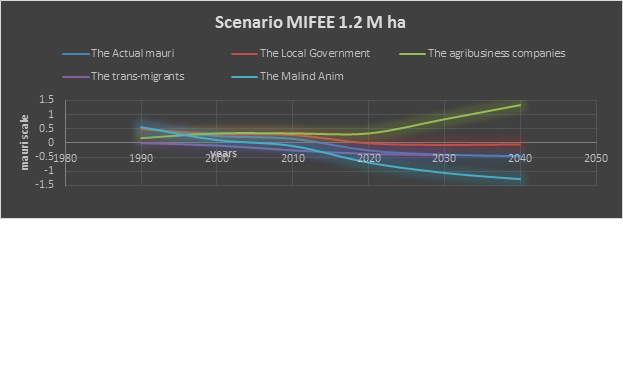Transferring The Mauri Model Of Decision Making Framework From New Zealand To Merauke Regency In Southern Papua
DOI:
https://doi.org/10.18502/kss.v1i1.446Abstract
Today sustainable development is a concern around the globe. Sustainable development should include improving well-being, equitable distribution, and the integration of ecological concepts which pass from generation to generation and across time. Sustainable ways of life have actually been practised by indigenous peoples inter-generationally. The Indigenous Peoples have similarities around the world in that they are inseparable from nature, and use their knowledge to maintain their ecosystems of origin. This attribute reflects the potential for traditional ecological knowledge to sustain the environment and help people survive. This increases the motivation for considering including traditional ecological knowledge when making decisions and assessing the environment and development, including development in the agricultural sectors. One of the environmental assessments which integrates traditional values is the Mauri Model Decision Making Framework (MMDMF) which was developed in and for Aotearoa New Zealand. This assessment approach uses the concept of ‘mauri’. Mauri is an important element in Māori culture. It is the essence or life force, the spark of life and a central concept that informs sustainability. The framework measures four dimensions of wellbeing as the basis of the sustainability assessment: the mauri of community (social), the mauri of the family unit (economic), the mauri of the ecosystem (environment), and the mauri of the tribe (culture). Merauke regency is the location of a new agricultural development scheme, called the Merauke Integrated Food and Energy Estate (MIFEE). MIFEE is a national programme to develop the regency as a national and local granary. The purposes of this paper are to examine the feasibility to transfer this assessment in the context of Merauke and to assess the sustainability of 1.2 Million Ha Merauke Integrated Food and energy Estate . The results show that the MMDMF is transferable and that although the assessment shows the project benefits the economic and social dimensions, the cultural and environmental dimensions are diminished.
Keywords: mechanism of defeating self, powerlessness, social-economic

